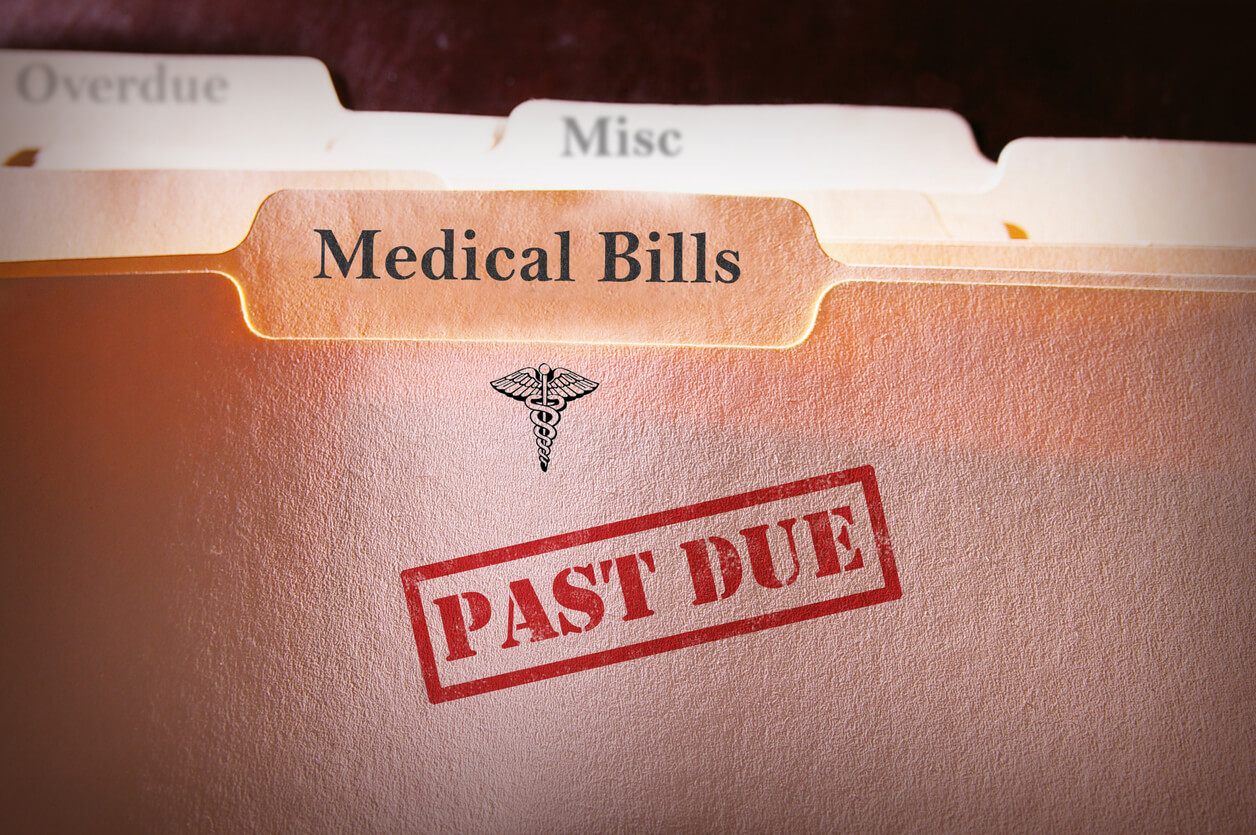The coronavirus pandemic has only compounded the already stressful healthcare costs with which many Americans have already been faced. With many people being terminated from their jobs or losing significant business due to COVID-19, and many of those same families dealing with increased costs in medical care, far too many families in the U.S. are now faced with huge financial burdens.
Even before COVID-19, the cost of health care has resulted in one of the largest debts for many Americans. In fact, many people in the U.S. who have filed for bankruptcy often list medical debt as a contributing factor in their decision to do so. Those who are seeking relief from medical debt may file for either Chapter 7 or Chapter 13 bankruptcy.
Chapter 7 Bankruptcy
Chapter 7 Bankruptcy is often referred to as debt elimination bankruptcy. Its main goal is to help debtors to discharge much of their unsecured debt. This unsecured debt may include many different things, such as credit card debt, medical debt, and personal loans. Under Chapter 7 Bankruptcy, you would still need to continue making payments for secured debt. Secured debt would include things such as your home mortgage or car loan.
Chapter 13 Bankruptcy
Chapter 13 Bankruptcy is often referred to as debt reorganization and repayment bankruptcy. Its main goal is to help debtors to reconstruct a three to five-year repayment plan. The specifics of this plan are usually based upon your income. You will likely be required to repay some of your debt but not the full amount. Once you have completed the repayment period, your remaining unsecured debt, which includes medical debt, is then discharged.
If you or your loved ones are facing serious medical debt, it’s best to consider all of your options in order to see what makes the most sense for you. While you may feel overwhelmed by the situation and simply wish to ignore your mounting debt, doing so can serve to make matters far worse. Since it is so important to take the specific facts of your individual case into consideration in deciding what’s in your best interest, it’s also best to consult with a knowledgeable and experienced bankruptcy attorney who can help to guide you in the right direction.
Toronjo & Prosser Law Helps Those Who Are Dealing with Bankruptcy
It’s undoubtedly stressful to realize that you don’t have enough money and you have overwhelming medical debt, and even more stressful when you realize that filing for bankruptcy may be your best option. That’s where an experienced Dallas bankruptcy attorney can make a difference. At Toronjo & Prosser, our qualified Texas Bankruptcy Attorneys can help you to navigate the process and to figure out what is in the best interest of you and your family. To learn more or to schedule a free consultation contact us online or call us today!


